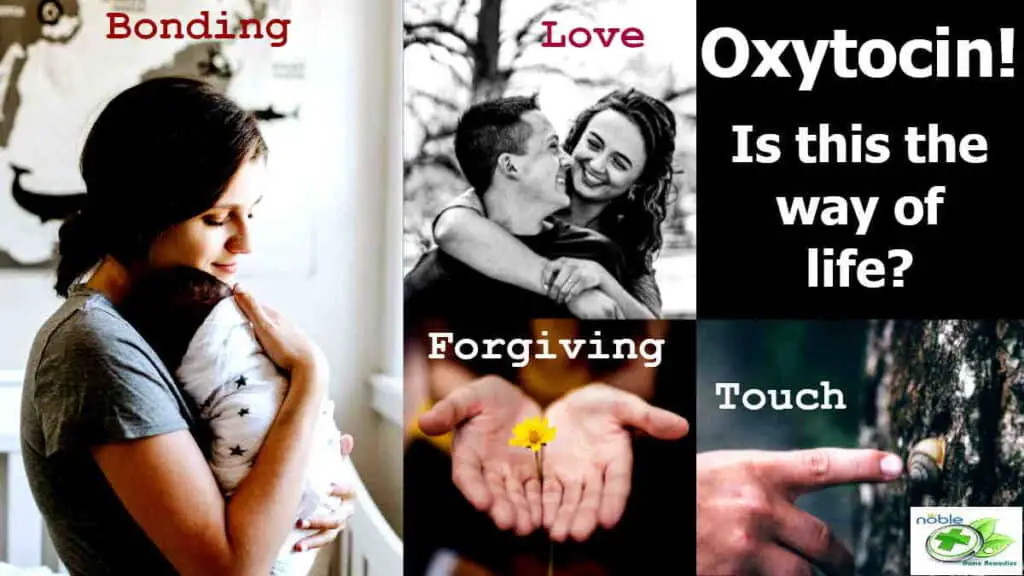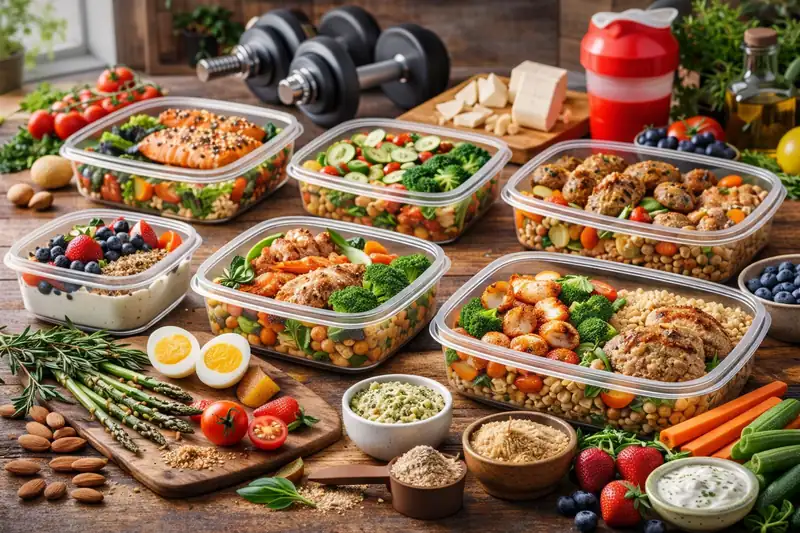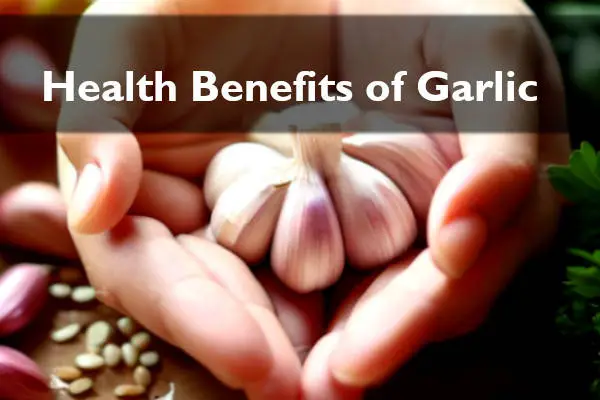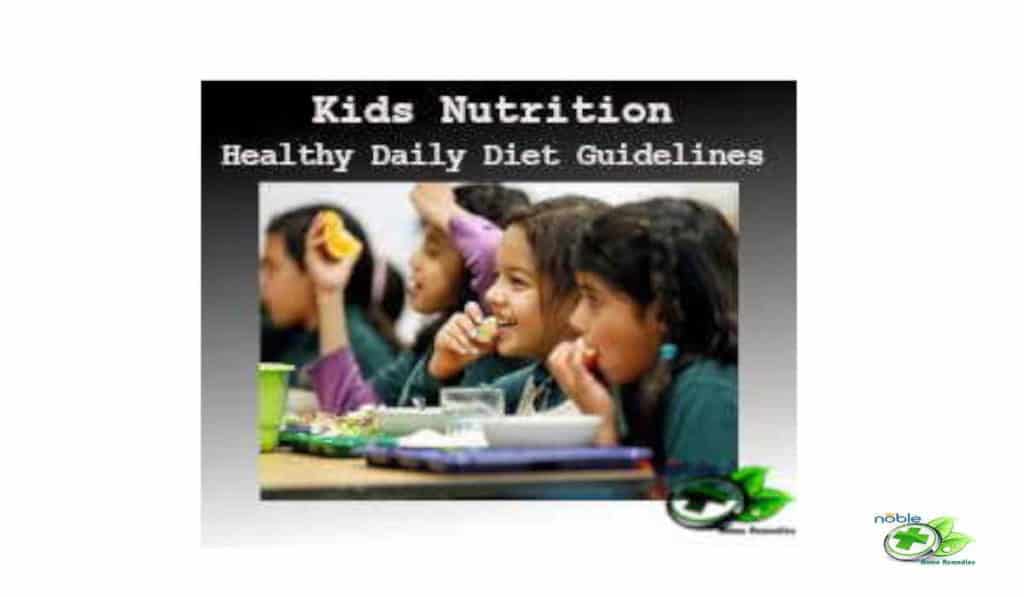Drinking Coffee After Drinking Alcohol: Can It Sober You Up?
When people drink alcohol, they often turn to coffee to remain sober. That way, they think that they can usually drive back home or remain alert after drinking. How true is it that drinking coffee after drinking alcohol would help?
The truth is drinking coffee after alcoholic drinks does not change the effects of alcohol on your body. When you drink coffee, your brain believes you’re less drunk than you are.
A cup of coffee after drinking will not make you sober up
Caffeine, Alcohol, and Youth: A Toxic Mix – https://www.ncbi.nlm.nih.gov/pmc/articles/PMC3669601/
You cannot sober up with coffee after drinking alcohol. Drinking coffee makes you feel better or more alert. It is because the caffeine in coffee acts as a stimulant. The negative side effects of alcohol do not improve when you drink coffee.
Simply giving it time will do the trick to get back to a sober state when you’ve had too much to drink. The best strategy is to sober up.
Avoid speeding up the sobering process if you have consumed too much alcohol. You are better off calling it a day or getting someone to drive you home.
It can be problematic to determine whether you are impaired by alcohol if you rely on stimulants (caffeine) to increase your alertness. You may perceive yourself as sober when you are not.
Effects of Coffee After Drinking Alcohol
The body does not process alcohol in any significant way when drinking coffee or caffeine. An individual may feel more energized or awake after drinking coffee as a stimulant. Nevertheless, the body doesn’t react differently to alcohol after drinking coffee. A few potential side effects of alcohol consumption may include:
- A reduction in hand-eye coordination,
- Concentration problems,
- Inability to react quickly,
- A lack of balance, and
- An impaired ability to judge
Caffeine stays in the body for a longer period (about six hours). Its stimulating effects tend to make it difficult to sleep. You may wake up feeling exhausted in the morning. Generally more hungover than usual. Caffeine, like alcohol, dehydrates the body.
In 2013, a study examined whether caffeine could modify the effects of alcohol on behavior. A total of 126 young adults (18-30 years; 65 males, 81 females) participated in this study. Moods assessed in the study were alertness, hedonic tone, and anxiety. Here is an abstract of the conclusion from the study as it states:
The results from the present study confirm that caffeine does not remove the negative effects of alcohol on performance although high doses counteract the drop in subjective alertness produced by alcohol.
Also, laboratory tests confirm that hand-eye coordination and other motor skills aren’t improved by drinking coffee after drinking alcohol.
Feeling More Alert Drinking Coffee After Drinking Alcohol
It is possible to feel alert when drinking coffee, or other caffeine-containing drinks. However, being alert doesn’t always equate to being sober. The caffeine in coffee has a stimulating effect on the body. Those who believe it makes them sober may be mistaken because it has a more harmful effect than they think.
Your blood alcohol concentration won’t be reversed by caffeine
Can coffee really sober you up? – CNN
If one is not sober, sitting behind the wheel is not safe. You are only alert after taking coffee. Yet, you still retain the harmful effects of alcohol. The amount of blood alcohol (BAC) in your body does not decrease after consuming coffee. After drinking alcohol, the right way to become sober is to wait for your body to break down the alcohol.
How the Body Breaks Down the Alcohol
Understanding how the body breaks down alcohol would be certainly a good idea. When you drink alcohol, it is absorbed into your body through the stomach and small intestine. Once it reaches the bloodstream, it can affect several organs. These include the brain, kidneys, heart, and liver. Alcohol absorption rates are affected by many factors, such as:
- Carbonation level of alcohol
- Alcohol concentration and
- the amount of food consumed
The liver is primarily responsible for processing alcohol. It takes about an hour for the liver to process one drink. However, the pace at which it processes alcohol depends on the individual. Several factors influence how fast your body breaks down alcohol, including:
- Age
- Sex
- liver size
- body mass
- Genetics and
- Finally, the amount of alcohol consumed
In the liver, enzymes called alcohol dehydrogenase and ADH allow alcohol to be broken down to acetaldehyde. The acetaldehyde is further broken down into acetate by another enzyme. It is finally metabolized into carbon dioxide, which is expelled from the body. You may pass the remaining alcohol through urine, sweat, and breath.
Good Effects of Drinking Water and Eating Nutritious Food
The effect of a hangover can be reduced by drinking plenty of water and eating nutritious foods before, during, and after drinking.
Getting plenty of rest can also be beneficial.
Therefore, drink water and eat nutritious food while drinking alcohol. It will help you reduce the negative effects of alcohol. You must, however, be aware that it doesn’t speed up the process of alcohol breakdown.
Takeaway
Drinking coffee cannot lower your blood alcohol content or its effects. Therefore it cannot sober you up from drunkenness.
To lower your blood alcohol content, you simply need to give it time to leave your system. Your blood alcohol content can only be returned to zero by waiting for it to metabolize on its own in your system.
Source:
Noble Home Remedies adheres to rigorous sourcing standards, drawing information from peer-reviewed studies, reputable academic research institutions, and esteemed medical journals and associations. We prioritize using high-quality, trustworthy sources to maintain the accuracy and integrity of our content. You can learn more about how we ensure our content is accurate and current by reading our editorial policy.
- Does coffee help sober you up after drinking alcohol by Gorelick
- Can coffee really sober you up? by CNN Health
- The acute effects of caffeinated versus non-caffeinated alcoholic beverages on driving performance and attention/reaction time – Addiction Research Report
- Caffeine, Alcohol, and Youth: A Toxic Mix by Journal of Caffeine Research
- Alcohol and Caffeine by Centers for Disease Control and Prevention (CDC)
- Effects of caffeine and alcohol on mood and performance changes following consumption of lager – Published in PubMed
Trust in your purchase:
Every product featured on our site has been carefully researched and selected based on quality, customer ratings, and positive reviews to ensure you receive excellent value for your money.
Please note:
This post contains affiliate links. If you make a purchase through these links, we may earn a small commission at no additional cost to you. This helps support our site and allows us to continue bringing you valuable content. Thank you!
Thank you for your precious time spent with NobleHomeRemedies.
You may also like:
Oxytocin Benefits and Side Effects
Oxytocin Benefits and Side Effects You Ever Want to Know Everybody catches the love bug…
High-Protein Meal Prep for GLP-1
5-Day High-Protein Meal Prep for GLP-1 and Fitness Support The High-Protein Revolution In the world…
Health Benefits of Garlic
10 Powerful Health Benefits of Garlic You Need to Know About Garlic, a staple ingredient…
Kids Nutrition – Healthy Diet Guidelines
Kids Nutrition – Healthy Diet Guidelines Dear mothers, knowing your Kid’s Nutrition intake levels with…
Best Acid Reflux Wedge Pillow – GERD
Best Acid Reflux Wedge Pillow – GERD The Acid Reflux Wedge Pillow is found to…
Anti-inflammation Breakfast
Quick Anti-Inflammation Breakfast Guide for Wellness When you wake up feeling stiff, tired, or just…






